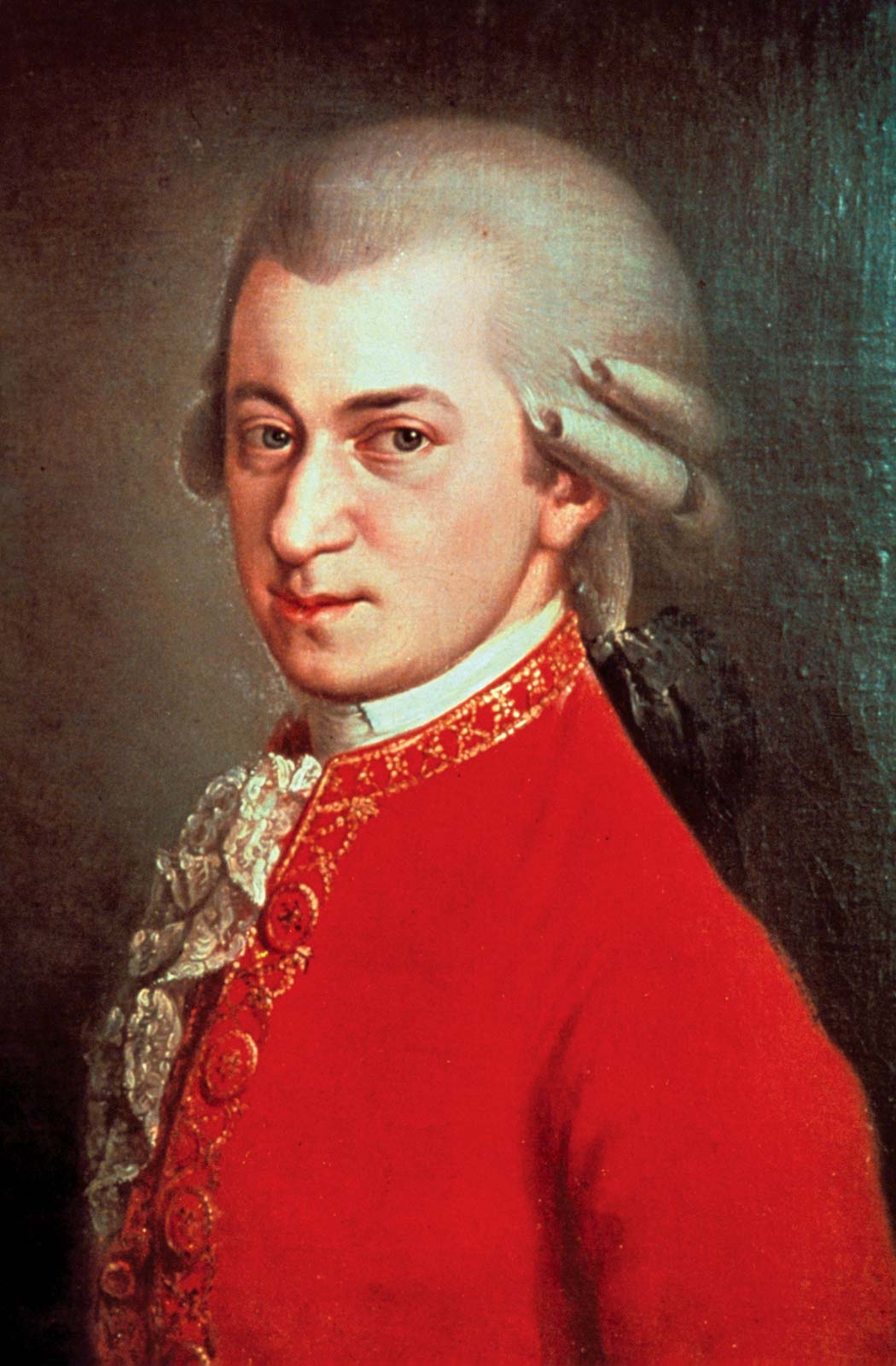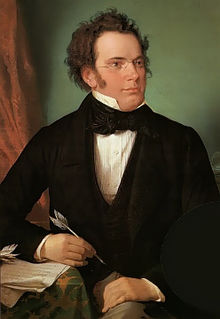This Week in Classical Music: February 3, 2025. Post-Scriabin, catching up. For the whole month of January, we were preoccupied with Scriabin and his common-law wife, Tatiana Schloezer. We concede that we may have overdone it a bit, but many aspects of Scriabin’s story are fascinating. He was a complicated, difficult person, a terrible egocentric. He was also very talented. His music, once he got away from copying Chopin, was highly original and fascinating – as much today as when it was written. He attempted to expand the experience of listening to music by combining sound with light; this may not have worked as he expected, but the experiments were intriguing (the philosophy and poetics, with which he tried to imbue his music, were much less successful). And he had tremendous support from Tatiana, whose exalted adoration sustained him for many difficult years in Russia and abroad.
Scriabin was also a part of Russian culture at a historical high point; he knew many key people and was admired by many, from the contemporary composers, Rachmaninov, Prokofiev, and even Stravinsky, grudgingly, to poets like Balmont, Mandelstam and Tsvetaeva. His life was short (he died at the age of 43 after a furuncle led to blood poisoning) and so was the life of some of his children, two of whom, from his “official” wife, died at the age of seven, while musically gifted Julian, his and Tatiana’s son, drowned at the age of 12. Their daughter Ariadna, a poet and active member of the Russian post-Revolutionary diaspora, became a Zionist, converted to Judaism, founded a French Resistance group Armée Juive during the occupation, and was killed by a French Nazi collaborator shortly before France was liberated. Tatiana Schloezer died in Moscow in 1922 at the age of 39.
So, while we attended to all these happenings, we missed two big birthdays. The first one, on January 27th, was that of Mozart. And then, on the 31st of January, was Franz Schubert’s birthday. Fortunately, we covered both of them many times and have hundreds of pieces of their music in the library. Both composers were tremendously prolific, even though both had tragically short lives (Mozart died at the age of 35, Schubert – at 31), both created numerous masterpieces. We’ll celebrate them with two vocal pieces: the trio Soave sia il vento, from the first act of Mozart’s Cosi fan tutte (here), and the song An die Music by Schubert (here). Nothing can be better than this.
Post-Scriabin, catching up, 2025
This Week in Classical Music: February 3, 2025. Post-Scriabin, catching up. For the whole month of January, we were preoccupied with Scriabin and his common-law wife, Tatiana Schloezer. We concede that we may have overdone it a bit, but many aspects of Scriabin’s story are fascinating. He was a complicated, difficult person, a terrible egocentric. He was also very talented. His music, once he got away from copying Chopin, was highly original and fascinating – as much today as when it was written. He attempted to expand the experience of listening to music by combining sound with light; this may not have worked as he expected, but the experiments were intriguing (the philosophy and poetics, with which he tried to imbue his music, were much less successful). And he had tremendous support from Tatiana, whose exalted adoration sustained him for many difficult years in Russia and abroad.
Schloezer. We concede that we may have overdone it a bit, but many aspects of Scriabin’s story are fascinating. He was a complicated, difficult person, a terrible egocentric. He was also very talented. His music, once he got away from copying Chopin, was highly original and fascinating – as much today as when it was written. He attempted to expand the experience of listening to music by combining sound with light; this may not have worked as he expected, but the experiments were intriguing (the philosophy and poetics, with which he tried to imbue his music, were much less successful). And he had tremendous support from Tatiana, whose exalted adoration sustained him for many difficult years in Russia and abroad.
Scriabin was also a part of Russian culture at a historical high point; he knew many key people and was admired by many, from the contemporary composers, Rachmaninov, Prokofiev, and even Stravinsky, grudgingly, to poets like Balmont, Mandelstam and Tsvetaeva. His life was short (he died at the age of 43 after a furuncle led to blood poisoning) and so was the life of some of his children, two of whom, from his “official” wife, died at the age of seven, while musically gifted Julian, his and Tatiana’s son, drowned at the age of 12. Their daughter Ariadna, a poet and active member of the Russian post-Revolutionary diaspora, became a Zionist, converted to Judaism, founded a French Resistance group Armée Juive during the occupation, and was killed by a French Nazi collaborator shortly before France was liberated. Tatiana Schloezer died in Moscow in 1922 at the age of 39.
high point; he knew many key people and was admired by many, from the contemporary composers, Rachmaninov, Prokofiev, and even Stravinsky, grudgingly, to poets like Balmont, Mandelstam and Tsvetaeva. His life was short (he died at the age of 43 after a furuncle led to blood poisoning) and so was the life of some of his children, two of whom, from his “official” wife, died at the age of seven, while musically gifted Julian, his and Tatiana’s son, drowned at the age of 12. Their daughter Ariadna, a poet and active member of the Russian post-Revolutionary diaspora, became a Zionist, converted to Judaism, founded a French Resistance group Armée Juive during the occupation, and was killed by a French Nazi collaborator shortly before France was liberated. Tatiana Schloezer died in Moscow in 1922 at the age of 39.
So, while we attended to all these happenings, we missed two big birthdays. The first one, on January 27th, was that of Mozart. And then, on the 31st of January, was Franz Schubert’s birthday. Fortunately, we covered both of them many times and have hundreds of pieces of their music in the library. Both composers were tremendously prolific, even though both had tragically short lives (Mozart died at the age of 35, Schubert – at 31), both created numerous masterpieces. We’ll celebrate them with two vocal pieces: the trio Soave sia il vento, from the first act of Mozart’s Cosi fan tutte (here), and the song An die Music by Schubert (here). Nothing can be better than this.